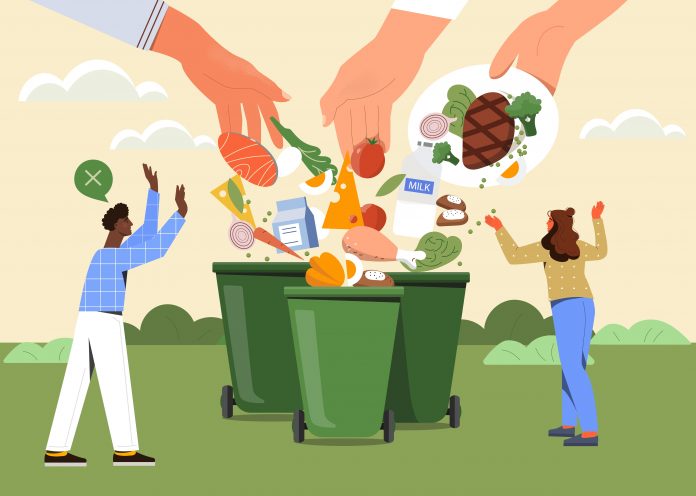A new study from RMIT has revealed Australians are wasting food because of unclear date labels and storage advice.
Use-by dates show the last day a product is safe to eat, while best-before dates show peak quality. Food should be safe past this date if not damaged, deteriorated or perished.
While many of the 125 consumers interviewed understood the difference between use-by and best-before dates, they often discarded food when it reached either date.
Older and retired Australians were less likely to obsess over date labels, while young families were more likely to throw away food once past its best-before or use-by date.
Date labels were less likely to be perceived as reliable or trustworthy for warmer and more humid climates, like in Queensland and the Northern Territory.
Confusion leads to misuse
Lead author Associate Professor Lukas Parker from RMIT University said date labels were widely misused by Aussies because they were confusing.
“Consumers want clear, consistent and easy-to-read information,” he said.
“Date labels should be in a large font with contrasting colours so that they are easy to find and interpret.”
The study found advice such as “store in a cool, dry place” was interpreted as vague and unhelpful.
Advice and experience needed
Mr Parker said a solution could be labels with practical tips on properly storing food and sealing packaging.
“Including specific temperature guidelines for storage on packaging would help,” he said.
“Particularly in a cost-of-living crisis, people need information on how to properly store and prolong the shelf life of food.”
Mr Parker said people were over-relying on printed best-before dates rather than using their senses to self-test.
“We need people to feel, touch and smell food, not just rely on its best-before date,” he said.
“Fresh produce often doesn’t have date labels and we manage just fine, yet products like salt are often needlessly sold with best-before dates.”
Further advice
The study also found date labels were often removed after the packaging was opened, leaving many consumers unsure about the product’s freshness.
Mr Parker said buy to eat, rather than to store was a simple way for consumers to reduce food waste and save money.
“Smaller, more frequent shops is a simple way to reduce your food waste,” he said.
“Having less food in our fridges and pantries means we’re more likely to use products quickly and throw less away.
“We all need to recognise that we waste food. Focus on what you do and what you can do next to reduce it.”
The research was conducted for End Food Waste Australia, the country’s leading organisation for improving the Australian food system’s productivity, resilience and sustainability.





